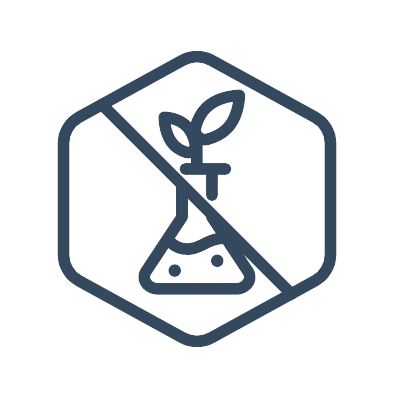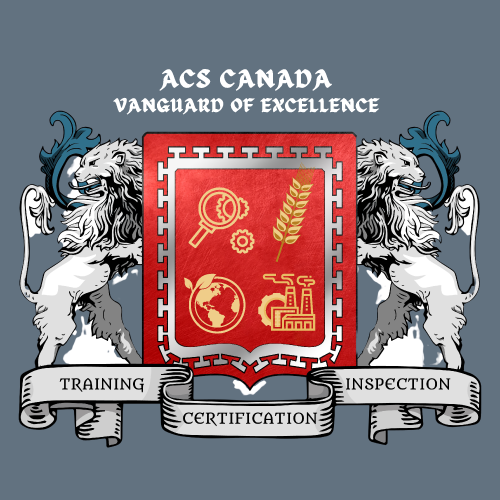Beekeeping Certification

GOOD BEEKEEPING PRACTICES
GBPs (good beekeeping practices) are integrative actions used by beekeepers in on-apiary production to ensure the health of humans, honeybees, and the environment. Beekeeping is the practical management of social bee species, frequently within farming systems, and it contributes considerably to food and nutrition security, poverty reduction, and economic growth.
WHY GBPs:
Bees are critical to environmental health. Their pollination action promotes biodiversity and is thus the most significant Agro-environmental service. The value of bee pollination is estimated to be 30–50 times that of hive products like wax and honey. Bees are critical to environmental health. Their pollination action promotes biodiversity and is thus the most significant Agro-environmental service. The value of bee pollination is estimated to be 30–50 times that of hive products like wax and honey. Nearly 75% of the world's crops producing fruits and seeds for human consumption rely, at least in part, on pollinators for long-term production, yield, and quality, with insect pollination accounting for 10% of the economic value of agricultural output for human nourishment. External pressures, however, regularly interfere with bee goods and services. Land-use changes, illness and pests, indiscriminate use of chemicals (veterinary medications and/or pesticides), climate change, the growth of monocultures, globalization (which entails the introduction of exotic species of diseases), and inadequate management techniques are examples of these. All of these stresses have an impact not only on bee health, but also on the quality and quantity of bee goods and services given by bees, lowering both beekeeper revenue and the positive impact of bees on the environment.
Beekeeping is the practical management of social bee species, frequently within farming systems, and it contributes considerably to food and nutrition security, poverty reduction, and economic growth. An innovative, sustainable, integrative approach that considers all stages of the beekeeping value chain, from ensuring a sustainable floral resource base and breeding bees to harvesting hive products and improving bee services (primarily pollination services), is critical to the development of a sustainable beekeeping enterprise. The environment, genetics, practices, and education and extension services are the primary pillars to consider for sustainable beekeeping.
The external environment, which includes environmental conditions and biodiversity, is one of the "external" elements that might impact foraging activity, availability of blooming plants, physical stresses, and, ultimately, the goods and services supplied by bees. The natural environment is one of these external variables (climate conditions). The quality and quantity of nectar and pollen supplies accessible to bees, as well as the diversity of plants available to bees, are critical to the success of beekeeping systems and, in certain situations, may be altered and managed by human intervention.
Bee genetics is an important aspect in beekeeping system production, health, and sustainability. Aside from selecting local bees that can thrive in both wild and controlled environments, breeding operations can improve specific features. As a result, the long-term sustainability of bee species and beekeeping companies is dependent on the maintenance of indigenous bee species and local genetic diversity. Locally adapted stock may also be more adapted to specific environmental challenges, making them more productive and sustainable in these environments than foreign bee species or genotypes. Autochthonous bees should be preferred over allochthonous bees in most circumstances.
GBPs are beekeeping activities that are undertaken out to manage bees for a certain purpose (such as honey production, conservation, or pollination services), such as adequate housing, the deployment of technology and innovations, and biosecurity controls (BMBs). These behaviors, when combined, are critical to the resilience and productivity of beekeeping systems. GBPs are all of the general actions used by beekeepers in on-apiary production to ensure the health of people, bees, and the environment. They serve as the foundation for the application of BMBs, which encompass all operational operations carried out by beekeepers to limit the danger of the introduction and spread of certain bee disease agents.
BENEFIT OF GBPs CERTIFICATION FROM ACS CANADA
Prove that your farm quality and food safety systems is properly designed and implemented,
Prove that your products poses no risk to the consumer,
Prove that your farm system operates internationally and is just as reliable, reassure upstream/downstream companies and food inspection agencies.
Training at ACS Canada
ACS employs accelerated learning methods to ensure a comprehensive grasp of all certificates. Our approach involves contextualizing your learning through a wide array of options, including classroom instruction, workshops, as well as interactive and online sessions.
Beekeeping Certification Training - 1
GOOD AGRICULTURAL PRACTICE

GAP-GENERAL
GOOD AGRICULTURAL PRACTICE(GAP) Training Course Why GAP training? The application of existing knowledge to the sustainable use of the natural resource base for the production of safe, healthy food and non-food agricultural products in a sustain manner, while maintaining economic viability and social stability, is the concept of Good Agricultural Practices. The GAP depict the […]
More About This CourseBeekeeping Certification Training - 2
GMP Requirements

GMP – Requirements & Documentation
This course aims to teach the principles and practices of GMP requirements in the food industry.
More About This CourseBeekeeping Certification Training - 3
QMS REQUIREMENTS

ISO 17025 – Requirements
The aim of this course is to provide delegates with the knowledge and skills required to understand ISO 17025 requirements.
More About This CourseBeekeeping Certification Training - 4
HACCP REQUIREMENTS

HACCP – Requirements & Documentation
The aim of this course is to provide delegates with the knowledge and skills required to understand HACCP requirements and documentation.
More About This Course
